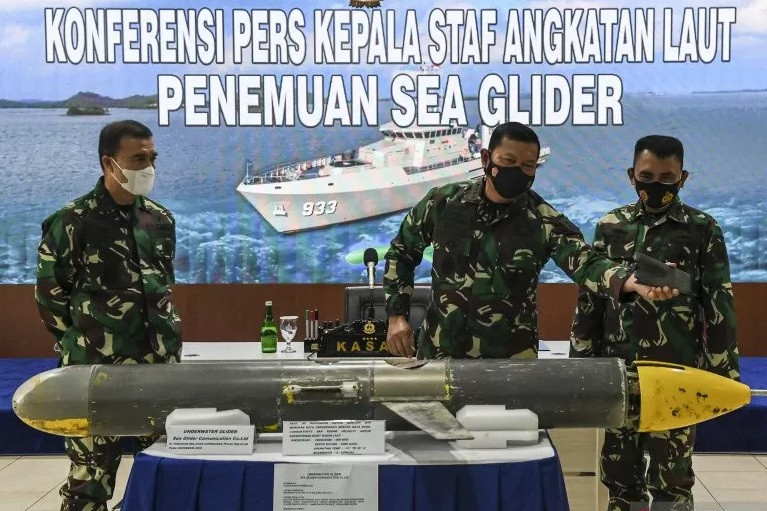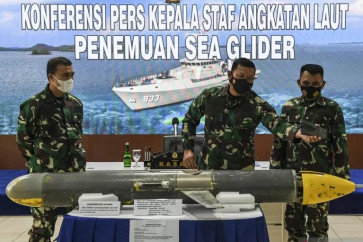Popular Reads
Top Results
Can't find what you're looking for?
View all search resultsPopular Reads
Top Results
Can't find what you're looking for?
View all search resultsAUKUS Pillar II and relations between Australia and ASEAN
There could be concerns about how advanced capabilities like cyber, AI and quantum would determine the likelihood or outcome of a conflict in the region.
Change text size
Gift Premium Articles
to Anyone
There needs to be more attention on AUKUS Pillar II, which encompasses advanced capabilities such as cyber, amid the extensive focus on Pillar I. This focus centers on how this trilateral security partnership between Australia, the United Kingdom and the United States would enhance Australia's deterrence capabilities against China and how countries in the region view it as preserving or undermining regional peace and stability.
Understandably, the maritime geography of the Asia-Pacific drives countries to focus on the implications of nuclear-powered submarines on the regional balance of power.
In Southeast Asia particularly, Malaysia acknowledged the need for countries to enhance defense capabilities but stressed that the operations of nuclear-powered submarines should respect existing rules such as the 1982 United Nations Convention on the Law of the Sea (UNCLOS).
Indonesia faces a geopolitical conundrum as its policy on the movement of AUKUS submarines through its archipelagic waters would affect its relations with AUKUS countries and international law during a conflict.
Singapore, at the 13th Singapore-Australia Joint Ministerial Committee on May 1, stated that nuclear-powered submarines were not new to the region as United States submarines had called at the Changi Naval Base. Singapore also supports AUKUS as long as it contributes to regional security.
Indeed, Pillar I dominates analysis on the strategic direction of AUKUS, and it would likely be in the spotlight if AUKUS is discussed at the ASEAN Defense Ministers Meeting-Plus (ADMM-Plus) scheduled for July in Jakarta.



















